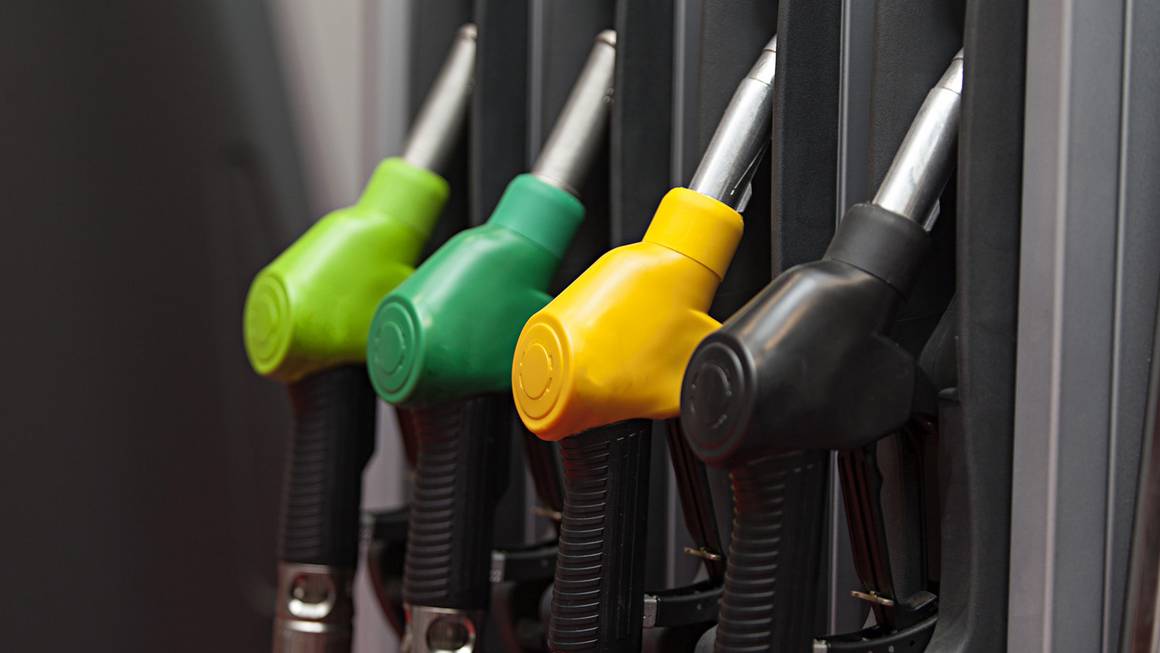The clean-energy transition in the transport sector depends on the adoption of vehicles that run on carbon-neutral energy instead of petroleum fuels. Right now, only a small fraction of vehicles on the road use electricity, but things won’t remain this way for long. At the same time, the decarbonisation of the transport sector will require enormous amounts of energy from wind and solar power. It is important to project exactly how much power will be needed so policy-makers can calculate the costs and gauge the public response ahead of time. Among other things, future power demand will depend on the options available for the configuration of future transport systems as well as on the drivetrains and fuel types that dominate tomorrow’s markets.
From a purely technical standpoint, other alternative energies can be used to power vehicles, including bio fuels, carbon-neutral synthetic fuels and natural gas. But all alternative fuels raise questions regarding infrastructure requirements, technology subsidies, potential production capacities and economic costs. These questions must be analysed with an eye to climate-friendly transport. It is crucial to identify systematic strategies that minimise the costs of switching to carbon-neutral energies while nevertheless meeting sustainability targets.




